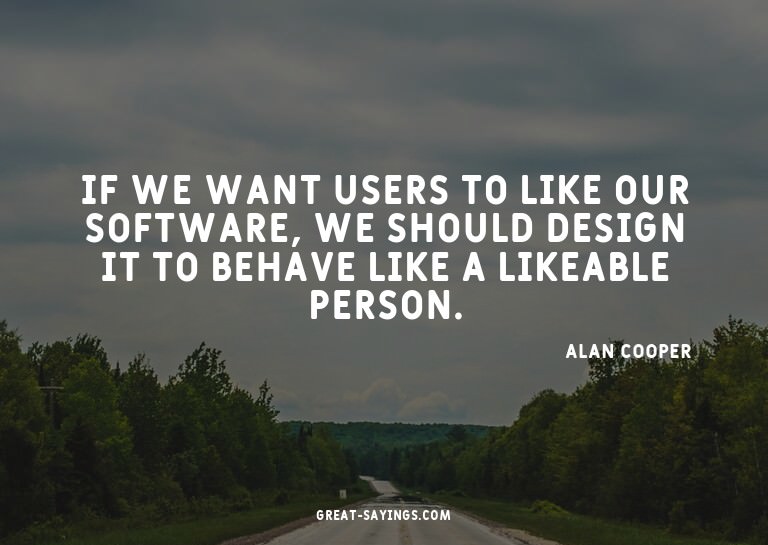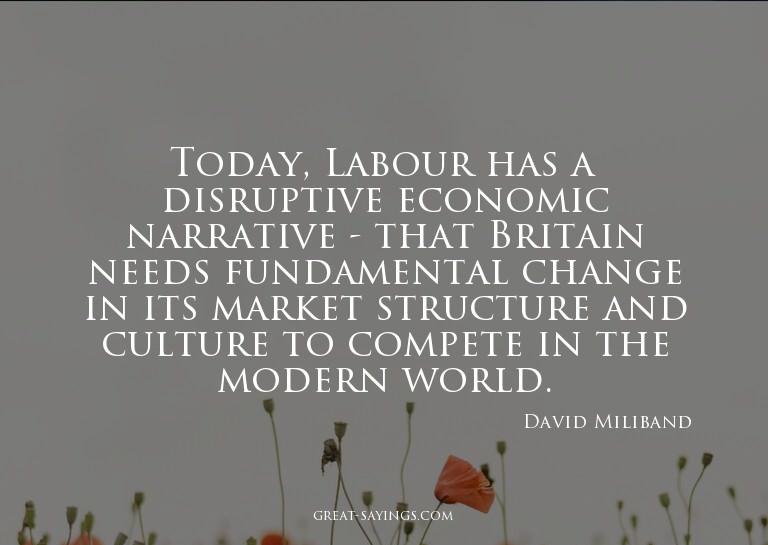Words matter. These are the best Peter Drucker Quotes, and they’re great for sharing with your friends.

Most discussions of decision making assume that only senior executives make decisions or that only senior executives’ decisions matter. This is a dangerous mistake.
The best way to predict the future is to create it.
Rank does not confer privilege or give power. It imposes responsibility.
Management by objective works – if you know the objectives. Ninety percent of the time you don’t.
Accept the fact that we have to treat almost anybody as a volunteer.
The new information technology… Internet and e-mail… have practically eliminated the physical costs of communications.
Most of what we call management consists of making it difficult for people to get their work done.
Trying to predict the future is like trying to drive down a country road at night with no lights while looking out the back window.
Few companies that installed computers to reduce the employment of clerks have realized their expectations… They now need more, and more expensive clerks even though they call them ‘operators’ or ‘programmers.’
Time is the scarcest resource and unless it is managed nothing else can be managed.
The computer is a moron.
There is nothing so useless as doing efficiently that which should not be done at all.
The most important thing in communication is hearing what isn’t said.
The productivity of work is not the responsibility of the worker but of the manager.
Plans are only good intentions unless they immediately degenerate into hard work.
When a subject becomes totally obsolete we make it a required course.
Knowledge has to be improved, challenged, and increased constantly, or it vanishes.
My greatest strength as a consultant is to be ignorant and ask a few questions.
No institution can possibly survive if it needs geniuses or supermen to manage it. It must be organized in such a way as to be able to get along under a leadership composed of average human beings.
We now accept the fact that learning is a lifelong process of keeping abreast of change. And the most pressing task is to teach people how to learn.
A manager is responsible for the application and performance of knowledge.
Today knowledge has power. It controls access to opportunity and advancement.
Teaching is the only major occupation of man for which we have not yet developed tools that make an average person capable of competence and performance. In teaching we rely on the ‘naturals’, the ones who somehow know how to teach.
The entrepreneur always searches for change, responds to it, and exploits it as an opportunity.
The only thing we know about the future is that it will be different.
Innovation is the specific instrument of entrepreneurship. The act that endows resources with a new capacity to create wealth.
The aim of marketing is to know and understand the customer so well the product or service fits him and sells itself.
Company cultures are like country cultures. Never try to change one. Try, instead, to work with what you’ve got.
The purpose of a business is to create a customer.
Checking the results of a decision against its expectations shows executives what their strengths are, where they need to improve, and where they lack knowledge or information.
Manners are the lubricating oil of an organization. It is a law of nature that two moving bodies in contact with each other create friction. This is as true for human beings as it is for inanimate objects.

Business, that’s easily defined – it’s other people’s money.
Unless commitment is made, there are only promises and hopes… but no plans.
So much of what we call management consists in making it difficult for people to work.
Effective leadership is not about making speeches or being liked; leadership is defined by results not attributes.
Making good decisions is a crucial skill at every level.
If analysis shows that someone’s brilliant work fails again and again as soon as cooperation from others is required, it probably indicates a lack of courtesy – that is, a lack of manners.
Efficiency is doing things right; effectiveness is doing the right things.
Follow effective action with quiet reflection. From the quiet reflection will come even more effective action.
Management is doing things right; leadership is doing the right things.












